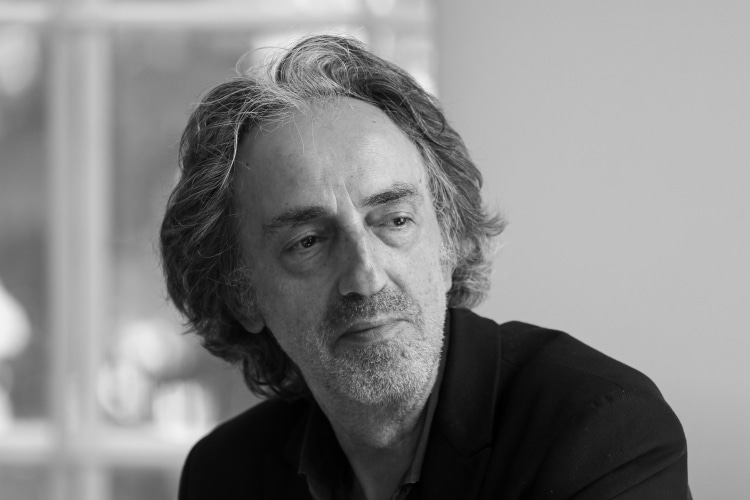Husband gets 18 years for murdering concert pianist
mainThe Norwegian double-bass player John Martin, 48, has been given a life sentence for murdering his wife Natalia Strelchenko at their Manchester home on their second wedding anniversary last August.
He will serve a minimum 18 years, reduced to 17 when time already spent in jail is taken into consideration.
Justice Laura Cox said he had inflicted a ‘brutal, sustained and unprovoked attack’.

Martin pleaded in defence that he had no recollection of the attack after consuming alcohol and diazepam. But he told police who arrived at the scene, ‘Kill me, kill me please, I have nothing to live for, I do not deserve to live’.
Natalia leaves a son from a previous marriage.
Full sentencing report here.





Seventeen years sounds downright lenient considering the reported circumstances. And by what twisted logic is 17 years equated to “life”? What would 25 years be – 1.5 lives?
You are presumably not familiar with the English legal system. Life imprisonment very rarely means a whole-life tariff.
Since when was 18 years a “life sentence”? It is less than one generation. Anyway, the courts have decided that’s all this woman was worth. Welcome to the new world of ‘justice’, which has nothing to do with justice at all. As usual, it’s the perpetrator who is the victim. The whacky, upside-down world of modern criminal ‘justice’ has been so distorted that all personal responsibility has been removed. I have not the slightest faith in it at all. And it explains a lot of modern ‘social’ behaviour.
Pass me the bucket!
He will be eligible for parole after 18 years. I don’t know about the UK but in the US it’s rare for a life sentence to be handed down without possibility of parole. He’ll be 66 when he’s eligible, and who knows if he will be granted parole, but by that time he will be unlikely to reoffend and it may or may not make the most sense to keep him in prison.
I don’t know where you are from and, therefore, how familiar you are with the English legal system. It is a life sentence. The period of 18 years merely reflects the period of time which must be served before the offender is eligible for release on licence. It is by no means a certainty that he will be released after 18 years, and when he has been released he will not be entirely free, as he will still be serving a life sentence and can be recalled to prison if it is considered necessary.
You are also wrong in thinking that there is anything particularly modern about this sentence. The death penalty was effectively abolished in 1965, and most offences of murder had ceased to be capital offences as early as 1957 (Mr Martin’s crime would have been considered non-capital under the 1957 Act). Further, it was already possible for death sentences to be commuted to life imprisonment. Indeed, about half of all death sentences were commuted. Astonishingly, between 1957 and 1965, when the distinction between capital and non-capital murder existed, only 75 people were convicted of capital murder, of whom only 32 were actually hanged.
There is therefore nothing new about murderers being punished with life imprisonment rather than death. But, more importantly, there is also nothing new about those serving life sentences being released after serving just a few years in prison. When the death penalty was abolished, now more than 50 years ago, most prisoners serving life sentences actually served just 8 or 9 years, and Frank Soskice, the home secretary at the time, stated in Parliament that he expected that 9 years would in most cases be the upper limit of the tariff. Indeed, at the time, there were only six people in British prisons who had served a period of more than 10 years. Henry Brooke, a Conservative MP who was home secretary in the early 1960s, believed that prisoners should rarely serve longer than 10 years, since the purpose of imprisonment was to rehabilitate the prisoner and prepare him for release. Brooke said, in fact, that whole-life sentences were “a most terrible thing to contemplate”. Murderers now serve, on average, more than 20 years. That figure has been steadily creeping up for a long time. In 1999 that figure was 13 years, in 2006 it was 14, and by 2011 it was 16.
So, by all means criticise the sentence, but please understand that the novelty and modernity of the sentence lies in its length, not in its brevity.
A very good corrective to the wilfully ignorant stuff we get in the popular press.